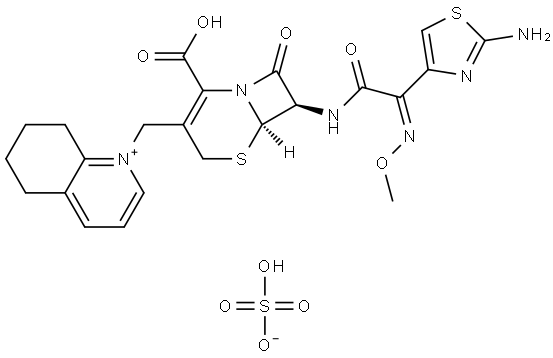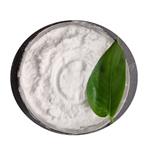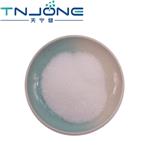Definition
NCIt: Cefquinome Sulfate is the sulfate form of cefquinome, a semisynthetic, broad-spectrum, fourth-generation aminothiazolyl cephalosporin with antibacterial activity. Cefquinome binds to and inactivates penicillin-binding proteins (PBPs) located on the inner membrane of the bacterial cell wall. PBPs are enzymes involved in the terminal stages of assembling the bacterial cell wall and in reshaping the cell wall during growth and division. Inactivation of PBPs interferes with the cross-linkage of peptidoglycan chains necessary for bacterial cell wall strength and rigidity. This results in the weakening of the bacterial cell wall and causes cell lysis.
Description
Cefquinome sulfate is a veterinary, parenteral, fourth-generation cephalosporin belonging to the class of aminothiazolyl compounds. They have high cell permeability and high stability to beta-lactamases. They have broad-spectrum antimicrobial activity against Gram-positive and Gram-negative bacteria (e.g. Pseudomonas aeruginosa and Enterobacteriaceae).
Chemical Properties
Cefquinome sulfate is Off-White Solid
Uses
Cefquinome sulfate is an antibacterial used in veterinary medicine. Used in the treatment of infections caused by pathogens such as S. aureus, E. coli, Streptococcus, P. multocida and A. pleuropneumoniae. Also used to trea t mastitis in dairy cows.
Uses
An antibacterial used in veterinary medicine. Used in the treatment of infections caused by pathogens such as S. aureus, E. coli, Streptococcus, P. multocida and A. pleuropneumoniae. Also used to treat mastitis in dairy cows.
Mechanism of action
Cefquinome sulfate acts by inhibition of the cell wall synthesis, but it has a relatively short half-life of about 2.5 hours. It is less than 5% protein bound and is excreted unchanged in the urine.



